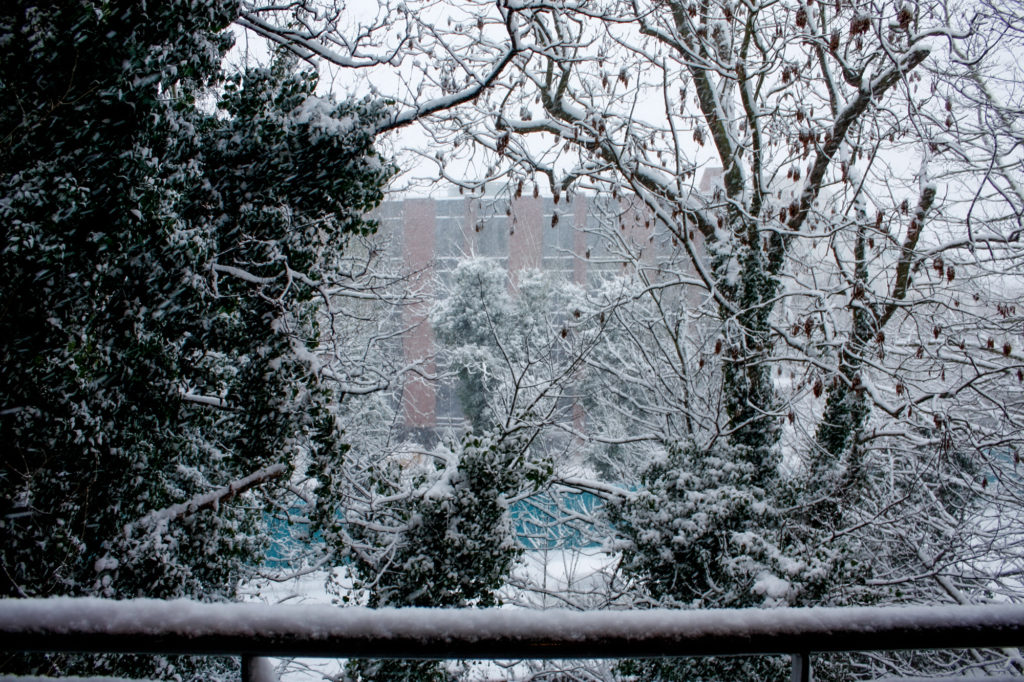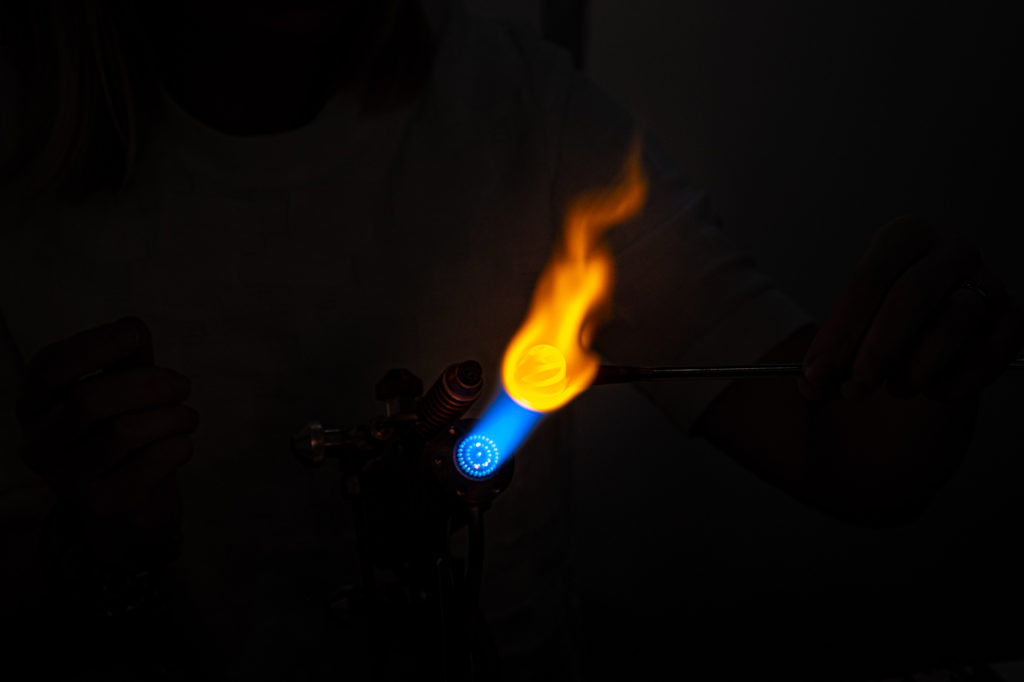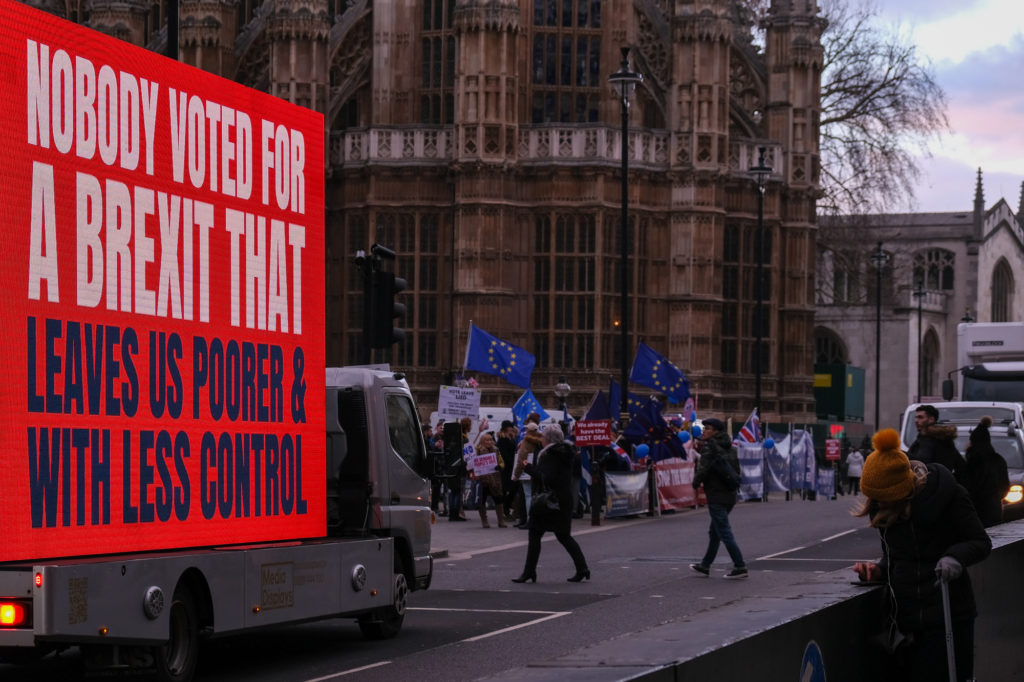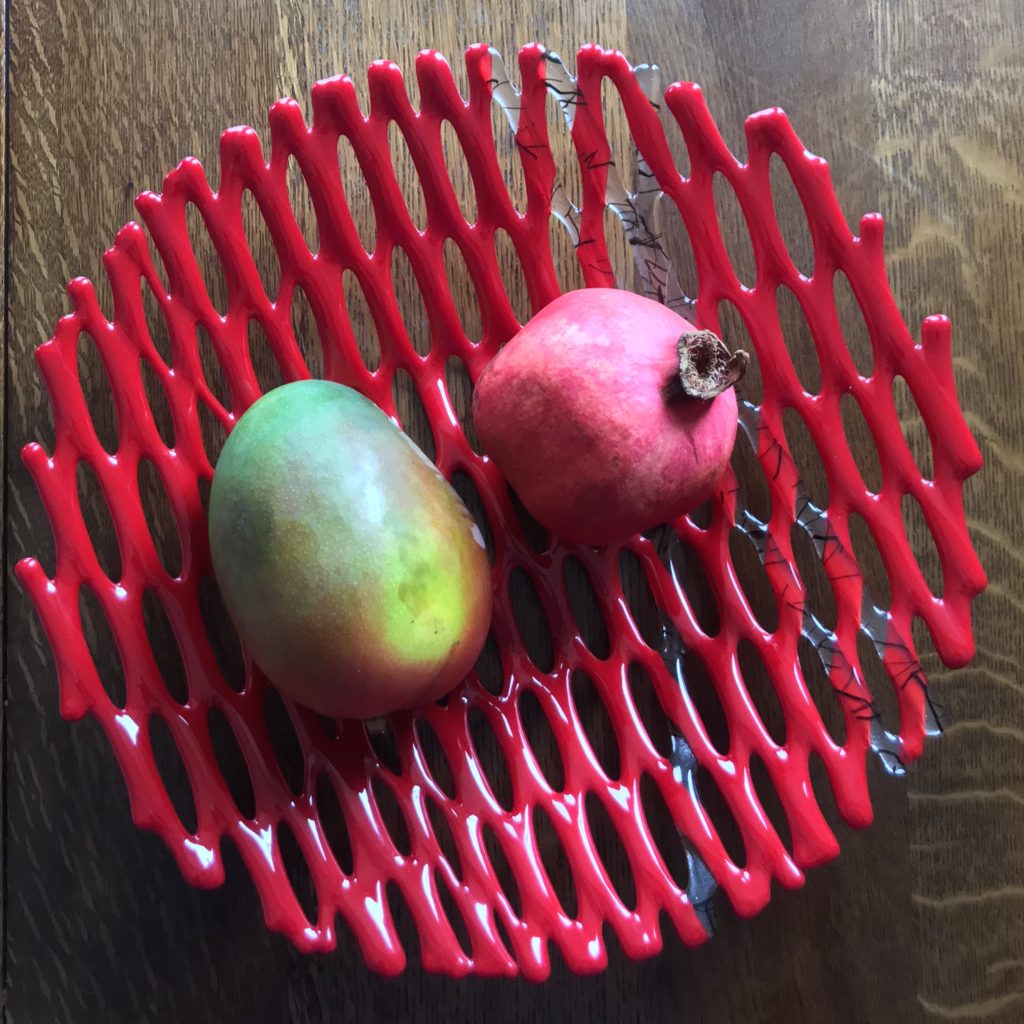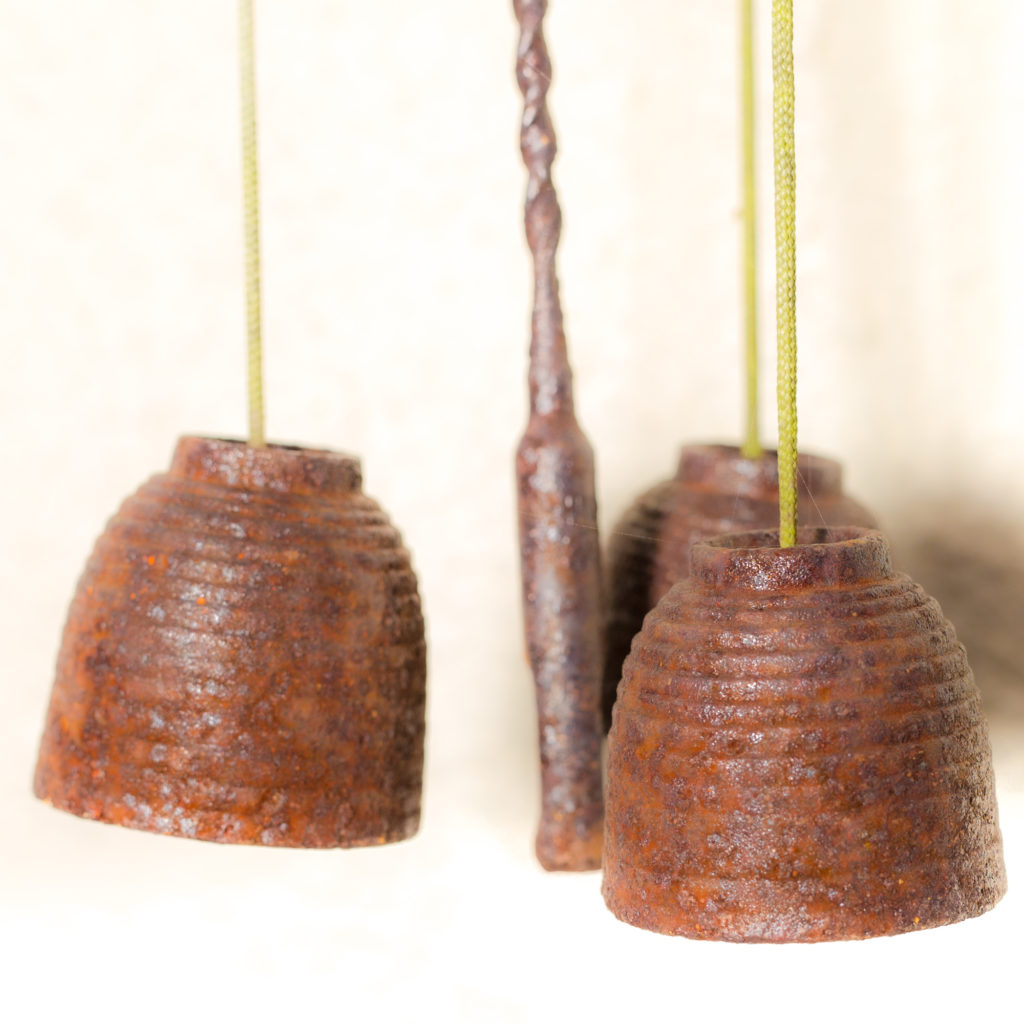I had an apartment on the outskirts of London with a balcony that overlooked an office block and its ground level car park. More accurately, I could see the offices when proximal Whitebeam trees had shed their leaves. The office block and car park was empty for a few years until reopening under the flags of third level education. This was part of a British education initiative that delayed school leavers from entering the ranks of the unemployed while earning serious money from foreign students taking their studies in English.
